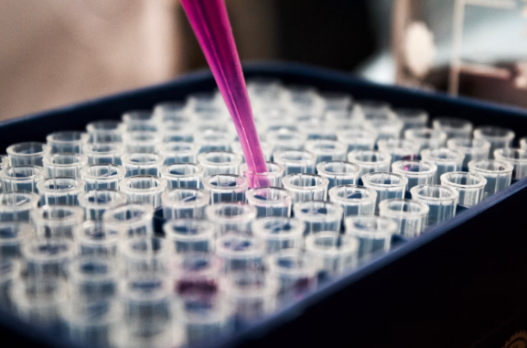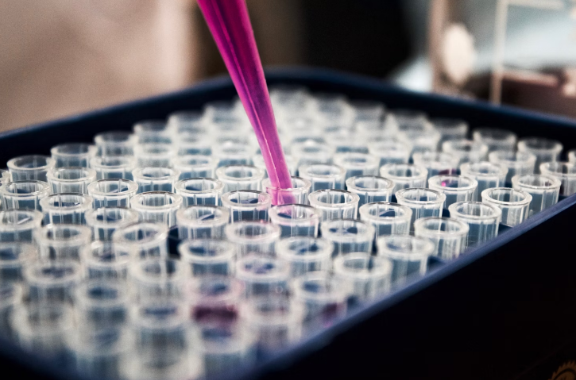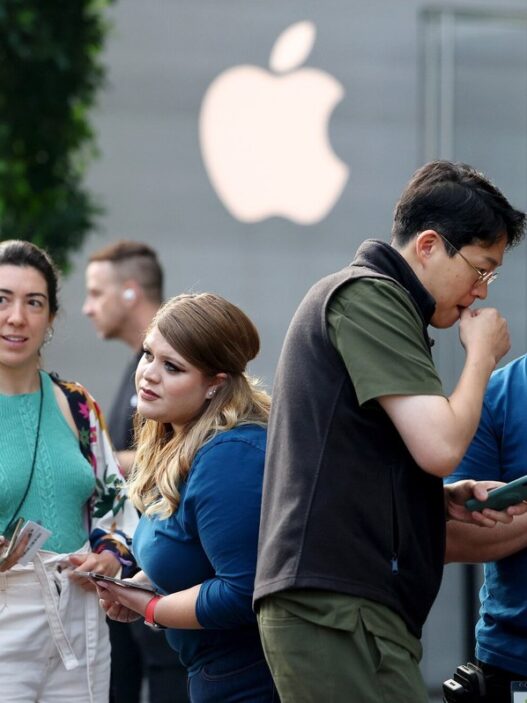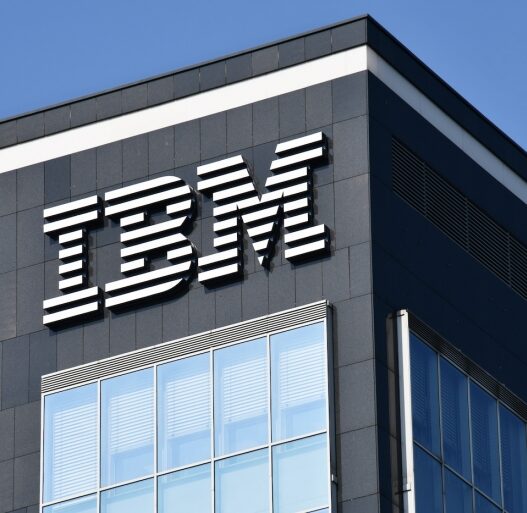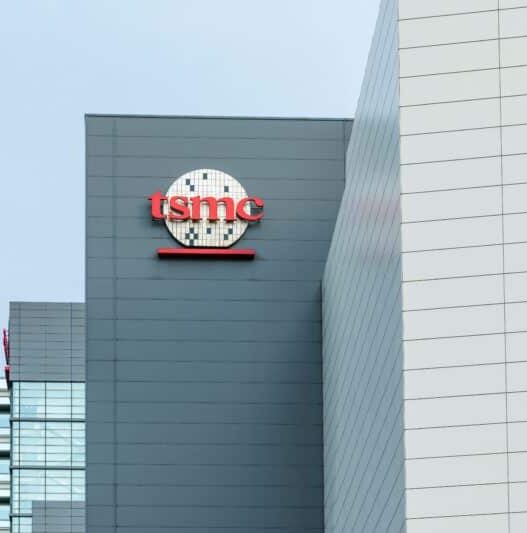
The Rise of the Robotic Palate
Powered by MasterCFA.com
What Happened?
Researchers have developed an innovative electronic “tongue” that uses artificial intelligence to distinguish between similar liquids with remarkable accuracy.
This graphene-based sensor, combined with a neural network, can identify various beverages, detect watered-down milk, and even assess fruit juice freshness with over 98% accuracy in about a minute.
Why Does This Matter?
Impact on the Economy:
This technological breakthrough has the potential to revolutionize the food and beverage industry. By providing a fast, accurate, and cost-effective method for quality control and product authentication, it could lead to increased efficiency and reduced waste in production processes. This, in turn, could result in cost savings for companies and potentially lower prices for consumers.
Personal and Business Effects:
For consumers, this technology could mean improved food safety and quality assurance. It could help detect contaminants or spoilage that might be missed by human testers, reducing the risk of foodborne illnesses. For businesses, particularly in the food and beverage sector, this AI-powered tool could streamline quality control processes, reduce labor costs, and minimize product recalls due to contamination or spoilage.
From Theory to Taste Buds: Economic Concepts at Play
Theoretical Concepts in Action:
Economic/Quantitative/Finance Theories:
- Technological Innovation and Productivity: This development exemplifies how technological advancements can lead to increased productivity in industries, a key concept in economic growth theories.
- Information Asymmetry: The AI tongue addresses issues of information asymmetry in the food market by providing more accurate and objective quality assessments.
- Economies of Scale: As this technology becomes more widely adopted, it could lead to economies of scale in food testing and quality control.
Real-World Application:
The AI-powered electronic tongue demonstrates how technological innovation can address market inefficiencies. For instance, in the wine industry, expert sommeliers are often employed to assess wine quality, creating a barrier to entry for smaller producers. The AI tongue could democratize this process, allowing smaller vineyards to compete more effectively with larger ones by providing objective quality assessments.
Historically, we’ve seen similar technological disruptions in other industries. For example, the introduction of automated trading systems in financial markets led to increased efficiency and reduced transaction costs. Similarly, the AI tongue could reduce the costs associated with quality control in the food and beverage industry, potentially leading to more competitive pricing for consumers.
The Future of Flavor: What’s Next?
What Could Happen Next?
- Widespread Adoption: As the technology proves its reliability, we could see widespread adoption across the food and beverage industry, from large manufacturers to small artisanal producers.
- Regulatory Integration: Food safety regulators might incorporate this technology into their testing protocols, potentially leading to stricter and more easily enforced quality standards.
- Consumer Applications: We might see the development of consumer-grade versions of this technology, allowing individuals to test food quality at home.
- Expansion to Other Industries: The technology could be adapted for use in other sectors, such as pharmaceuticals or environmental monitoring.
Savoring the Implications: Why You Should Care
Why You Should Pay Attention:
Understanding this technological advancement is crucial for anyone interested in the intersection of technology and consumer goods. For investors, it signals potential shifts in the food and beverage industry, which could inform investment decisions.
From a personal finance perspective, this technology could lead to safer, higher-quality food products, potentially affecting how we make purchasing decisions.
Moreover, grasping the economic implications of such innovations can help you become a more astute analyst. It demonstrates how technological advancements can disrupt traditional industry practices, create new market opportunities, and potentially alter consumer behavior. This knowledge can be invaluable in predicting market trends and making informed financial decisions.
Food for Thought: Questions to Ponder
- How might the widespread adoption of AI-powered quality control affect job markets in the food and beverage industry?
- What ethical considerations might arise from relying on AI for food safety and quality assessments?
- How could this technology impact small, artisanal food producers who often rely on traditional methods and human expertise?
- How could the implementation of this technology affect the pricing and marketing strategies of food and beverage companies?
Keep Learning with MasterCFA: Staying informed about technological innovations and their economic impacts is essential for any budding analyst. Dive deeper into these topics to enhance your understanding and prepare for the CFA Exam. Explore more insightful articles and resources with MasterCFA to stay ahead in your finance career.




